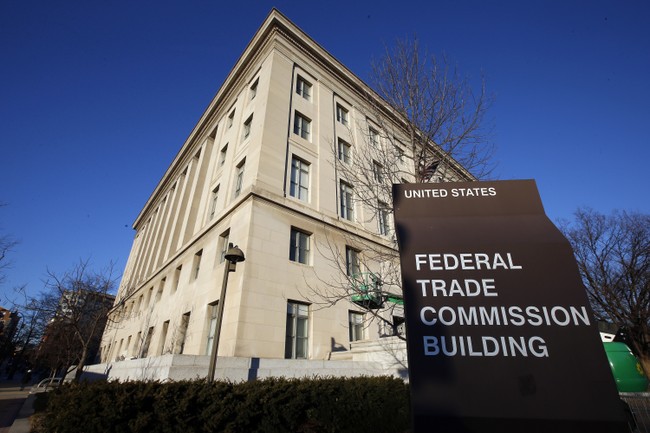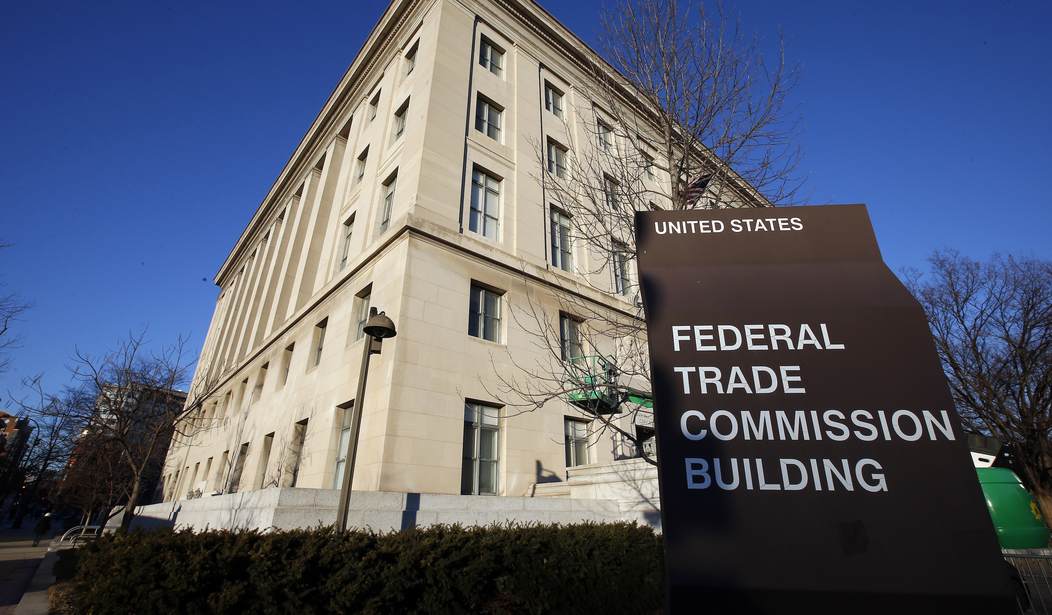Purchasing concert tickets has become a frustrating ordeal for fans. Long virtual queues, intricate presale systems, and inflated prices fueled by scalpers and bots transform the excitement of live events into a costly nightmare. At the center of this chaos is Ticketmaster, a Live Nation subsidiary, now facing intense regulatory scrutiny for its commanding role in the ticketing industry.
On Sept. 18, the Federal Trade Commission (FTC) sued Live Nation and Ticketmaster for violating the 2016 Better Online Ticket Sales (BOTS) Act, which bans automated systems from bypassing ticket purchase limits for high-demand events. Its complaint alleged that the company intentionally allows the bots to sweep up its inventory, perhaps so the company makes quicker profits.
"It should not cost an arm and a leg to take the family to a baseball game or attend your favorite musician’s show,” FTC Chair Andrew Ferguson said. "The Trump-Vance FTC is working hard to ensure that fans have a shot at buying fair-priced tickets, and today’s lawsuit is a monumental step in that direction.”
Bloomberg reports that potential fines could reach billions - up to $53,000 per violation - if Ticketmaster is found non-compliant. A settlement remains possible, but the outcome could redefine how tickets are safeguarded from bots that hoard inventory for resale at exorbitant markups.
This probe gained traction after a March 2025 executive order from President Donald Trump, directing the FTC, Assistant Attorney General Gail Slater, and Treasury Secretary Scott Bessent to enforce the BOTS Act rigorously. The order aimed to halt bots that deny fans fair access to tickets. Yet, instead of focusing solely on bolstering anti-bot measures, Live Nation-Ticketmaster proposed a 20 percent cap on ticket resale prices in a submission to the FTC and Department of Justice, as noted by Variety. The company framed this as a step to “enhance fairness in ticketing.”
Capping resale prices appears consumer-friendly, potentially curbing outrageous markups. However, this proposal seems less about protecting fans and more about strategically eliminating competitors like StubHub, SeatGeek, and TickPick, key players in the secondary ticket market. Ticketmaster primarily profits from direct sales, not resales, so a price cap would likely devastate rival platforms, potentially driving them out of business. This would further entrench Live Nation’s already significant market dominance, leaving fans with fewer options and, ultimately, higher costs over time.
Ticketmaster’s practices have drawn criticism for years, especially after the 2022 Taylor Swift ticket debacle, where system crashes and bot interference left thousands of fans empty-handed. This incident intensified FTC scrutiny, with investigators examining whether Ticketmaster has financial incentives to allow resellers to skirt ticket limits. The company denies violating the BOTS Act, claiming it invests more in anti-scalping technology than any competitor and accusing the FTC of misinterpreting its policies.
Beyond the FTC investigation, Ticketmaster faces broader legal challenges. In 2024, the Department of Justice, joined by multiple state attorneys general, filed an antitrust lawsuit against Live Nation-Ticketmaster, alleging it functions as an illegal monopoly controlling ticketing and venues. That case is set for trial in March 2026. The DOJ is also probing whether Ticketmaster colluded with competitors on refund policies for canceled concerts during the early pandemic, adding to the company’s legal burdens.
The resale cap proposal appears to be a calculated move to deflect regulatory pressure while undermining competitors under the guise of reform. If the FTC’s investigation results in substantial fines or mandates operational changes, it could compel Ticketmaster to overhaul its practices, potentially fostering a fairer ticketing landscape. However, adopting the resale cap risks strengthening Live Nation’s grip on the industry, perpetuating the monopolistic practices regulators aim to curb.
The resolution of these investigations could reshape the live events industry. Whether through penalties, settlements, or policy shifts, regulators have a chance to restore fairness, ensuring fans can access concerts without battling bots or exorbitant prices. For now, fans and competitors await the FTC’s decision, hoping for changes that prioritize accessibility over corporate dominance.
Tim Young (@TimRunsHisMouth) is a Media Fellow for Strategic Communications at The Heritage Foundation, where he focuses on free speech, media bias, and conservative messaging.
Editor’s Note: Do you enjoy Townhall’s conservative reporting that takes on the radical left and woke media? Support our work so that we can continue to bring you the truth.
Join Townhall VIP and use the promo code FIGHT to get 60% off your VIP membership!





